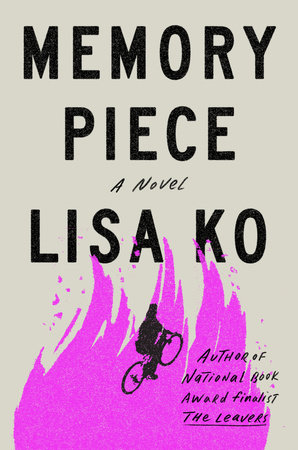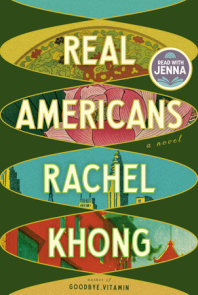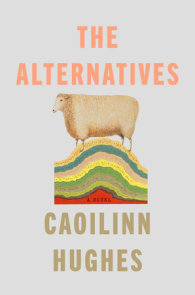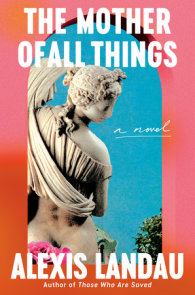READERS GUIDE
Questions and Topics for Discussion
1. The novel tells the story of three main characters: Giselle Chin, Jackie Ong, and Ellen Ng. While they each pursue their own creative and professional pursuits, what common threads do you see among them that tie them together as friends? Why do they grow apart later, and what makes them reconnect? Were these shifts in their friendships inevitable?
2. What do you think the book is saying about the roles that friendship and art play in making a meaningful life? What constitutes a meaningful life? Was it different in the eighties or nineties than it is now? How might it be different still in the future?
3. Consider the title. What is it about memory that interests the novel or its characters? Consider how each main character thinks about the concept and qualities and value of memory.
4. The novel emphasizes various modes of communication—letters, photographs, emails, texts, instant messaging applications, phone conversations, and in-person interactions. Did you notice this? What might the book be trying to say about communication, technology, and progress?
5. Race, gender, and class are introduced as integral factors of the characters’ upbringings, including the different countries of origin of their Asian immigrant parents. How might race, gender, and class intersect with one another, and how do these factors affect how you understand the characters’ stories? How much do you think Giselle, Jackie, and Ellen would say their family backgrounds influence their expectations or choices?
6. The characters celebrate the end of the century as the year 2000 begins. What is the effect of pinpointing this particular moment? How does the Y2K culture echo or contrast (and impact how you see) today’s world?
7. The novel explores multiple romantic relationships, some straight and some queer, some casual, some serious, and some blurring the line between romance and friendship. How do the characters grow from each? What do you think the author is saying about the roles that these relationships play in our lives and figuring out who we are?
8. As Jackie invests time in her coding career in the early days of the internet, she encounters societal issues of monetization, including consumer data privacy and data hacking concerns. How do you understand Jackie’s character when she comes face-to-face with such conflicts? How do her values or morals come into play as she is forced to make consequential decisions? How do her career decisions affect her own private life?
9. As a community activist, Ellen bears the burden of tackling the problems of gentrification in her neighborhood. What motivates her to keep building toward a better society? Why do you think she remains attached to her neighborhood and community despite her sense of loneliness and abandonment? How does she treasure family versus friendship?
10. The book is narrated through multiple points of view. How do the overlapping and contradicting outlooks of each character shape your understanding of the book as a whole? For Giselle, Jackie, and Ellen, how do their lifestyles interweave and intercept one another’s? How does it influence your interpretations?
11. The book moves from the pre-digital 1980s well into the mid-2000s. How are these early years portrayed, and how is nostalgia an element that influences/alters the way you view these time periods? Reflect on the story as it moves into the imagined portrait of the 2040s. Consider the setting of New York City and the changes it has continuously witnessed.
12. Success can be measured in many ways. How do Giselle, Jackie, and Ellen define and strive toward success? How do you see these characters’ goals and aspirations materialize, or unfold, throughout the novel?
13. Toward the end, Ellen reflects on her aging body and the moments that have passed by. She thinks to herself: “What would I remember; what would I be remembered for; who would remember me?” (p. 197). How might this quote bring the reader back to the beginning of the book? How might these questions be reminiscent of earlier motifs about creative endeavors, self-preservation, survival, freedom, and collaboration?






















